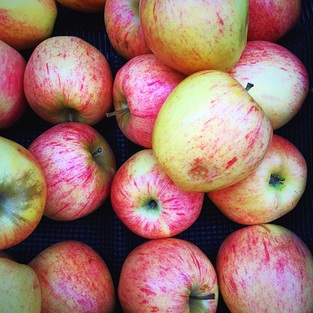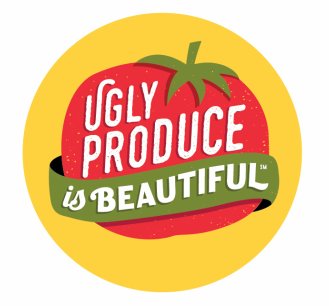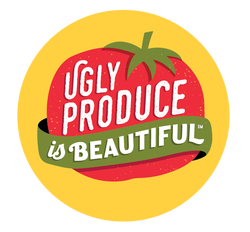 by Sarah Phillips, CEO and founder, Ugly Produce is Beautiful One apple orchardist believes that ugly apples may be more nutritious and have a higher antioxidant content. Eliza Greenman believes that stress can create a super fruit. She custom grafts and grows pesticide-free hard cider apples in Hamilton, Va. In an unofficial experiment, Greenman tested scabbed and unscabbed Parma apples, a high-sugar variety native to southwestern Virginia, and found the scarred apples had a 2 to 5 percent higher sugar content than unmarred apples from the same tree. More sugar means a higher alcohol content once fermented, producing a tastier hard cider. Greenman also believes that these ugly apples may be more nutritious and have a higher antioxidant content. She may be right. One study showed that an apple covered in scab has more healthy, antioxidant phenolic compounds, called phenylpropanoids, than a scab-free apple peel. Another study showed that apple leaves infected with scab have 10 to 20 percent more phenolic compounds. Similar research has found high levels of resveratrol in grape leaves infected with fungi or simply exposed to the stress of ultraviolet light. A study of Japanese knotweed, a plant with a long tradition of use in Chinese and Japanese herbal medicine, found that infection with common fungi boosted its resveratrol content as well. Resveratrol is an antioxidant that's been well-studied for its potential cardio-protective action. All these antioxidants protect both plants, and probably the humans who eat them. More studies are needed. We shouldn't make hard and fast assumptions about crops, environmental biologist Brian Ward, of Clemson University has said - There are so many factors contributing to antioxidant content, The most important factor is the plant itself — and the variety. Impacting that is soil, its mineral content, and whether conventional or organic fertilizer is used. But he did say that here is some interesting data that when plants are stressed by insects or disease, they produce metabolites that are good for us. Source Join UPIB and follow @UglyProduceIsBeautiful on Instagram.
1 Comment
7/21/2024 09:45:36 am
This is such a great resource that you are providing and you give it away for free. I love seeing blog that understand the value of providing a quality resource for free.
Reply
Leave a Reply. |
UPIB BLOGWelcome to the Ugly Produce is Beautiful Blog where we discuss important topics. Archives
November 2016
Categories |
|

 RSS Feed
RSS Feed
